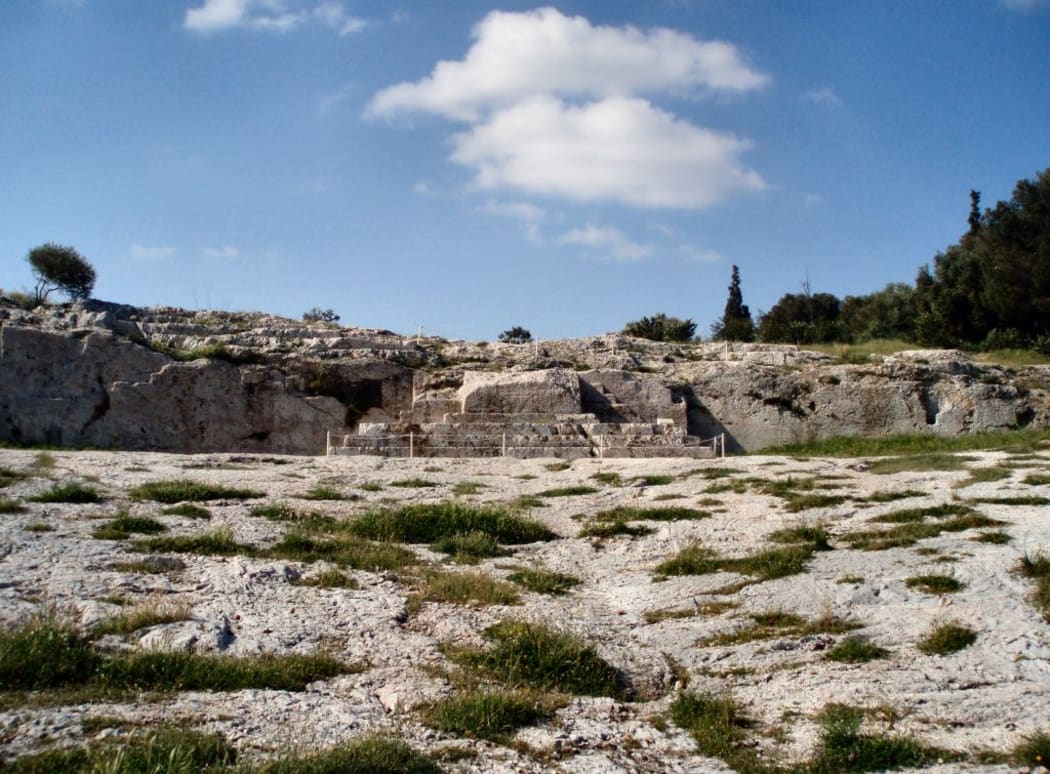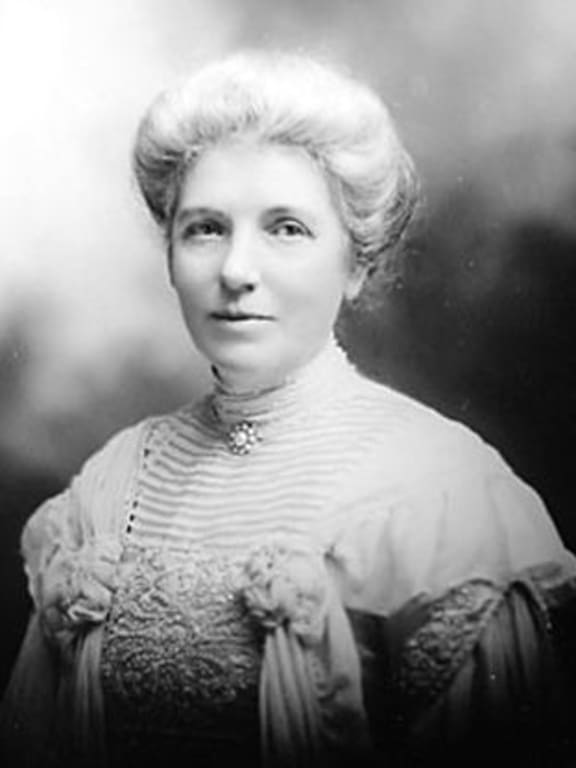"Government of of the people, by the people, and for the people” – so goes Abraham Lincoln’s Gettysburg Address. But does that describe 21st century democracy?

Photo: 123rf
2016 caused many people to ask if democracy is the best form of government, or, if as Winston Churchill said, “the worst, except for all those other forms that have been tried.”
Megan Whelan leads a discussion about the Ancient Greek idea that led to the governments we have today.
Participants: Megan Whelan, Professor Art Pomeroy; Emeritus Professor Nigel Roberts; Associate Professor Kate Hunter
Modern democracy has its roots in ancient Athens, where on a hill over the city – the Pnyx – assemblies would meet to discuss things like going to war and safeguarding the food supply.
The study of elections is often called Psephology.
“The word 'Psephos' comes from the Greek word for a pebble, and the Greeks used to vote by putting pebbles in a bowl” says Nigel Roberts. “And then they counted the number of pebbles.”

Pnyx Photo: Public Domain
“[The Greek assemblies] can make any decision they like,” says Art Pomeroy. “And what is quite interesting is that once a decision has been made, questioning a decision nowadays is sometimes labelled as anti-democratic.
“But the Athenians were smart enough, actually, to say ‘No, that’s part of a good democratic process'.”
Would the Athenians recognise modern-day parliamentary democracy as the evolution of their system?
“I suspect, they would they would be tempted, at least initially, to think that no, this is some sort of strange government by the few,” Art Pomeroy says. “Which in some ways, it is.”
But of course, not everyone was involved, even in Athenian democracy – only men over the age of eighteen could vote.
New Zealand has been described as the world’s oldest democracy, Nigel Roberts says. “In 1867, of course, Māori males got the vote, and 1867 to 1893, all men had the vote, and then in 1893 when you had female suffrage passed by Parliament, we then had universal adult suffrage.
“It was the first country in the world, men and women, black and white, indigenous and settlers, all having the vote.”
It took a long fight for women to be able to break through the idea that citizenship – and therefore voting right – was tied to military service. And Kate Hunter says it was a hard fight.

New Zealand suffragist Kate Sheppard (1847 - 1934) Photo: Public Domain
“Especially because of the New Zealand experience, which does look and seem to be quite peaceful, quite straightforward, I think it’s easy for us to underestimate the real battles that women all over the world went through to win the vote.
“They were violent, there were women killed, there were women imprisoned, hunger strikes, being dragged out of peaceful protests and raped in alleys. Those kinds of stories are not really part of the liberal, progressive stories that women’s suffrage conjure up.”
The question has to be asked – as well as giving women the vote, New Zealand was early giving Māori the vote – why is this country exceptional in this area?
It may have something to with New Zealand’s size, says Nigel Roberts.
“New Zealand was a very small society in those days, and it’s in some ways easier to change small societies. And small societies can change more easily.”
But democracy can also be exclusionary, points out Art Pomeroy.
“People don’t want to see immigrants come in and take part of that cake. Athenian society was extremely exclusionary, even by ancient standards.”
Democracy doesn’t look the same everywhere though, cautions Kate Hunter.
“Democracy is a big basket with lots of things in it, and it depends which shiny one you want to pick out.”
Great Ideas is a series, recorded in collaboration with Victoria University, about the ideas that have changed the world. It looks at what it takes to change our perspective and considers why these ideas still matter.

